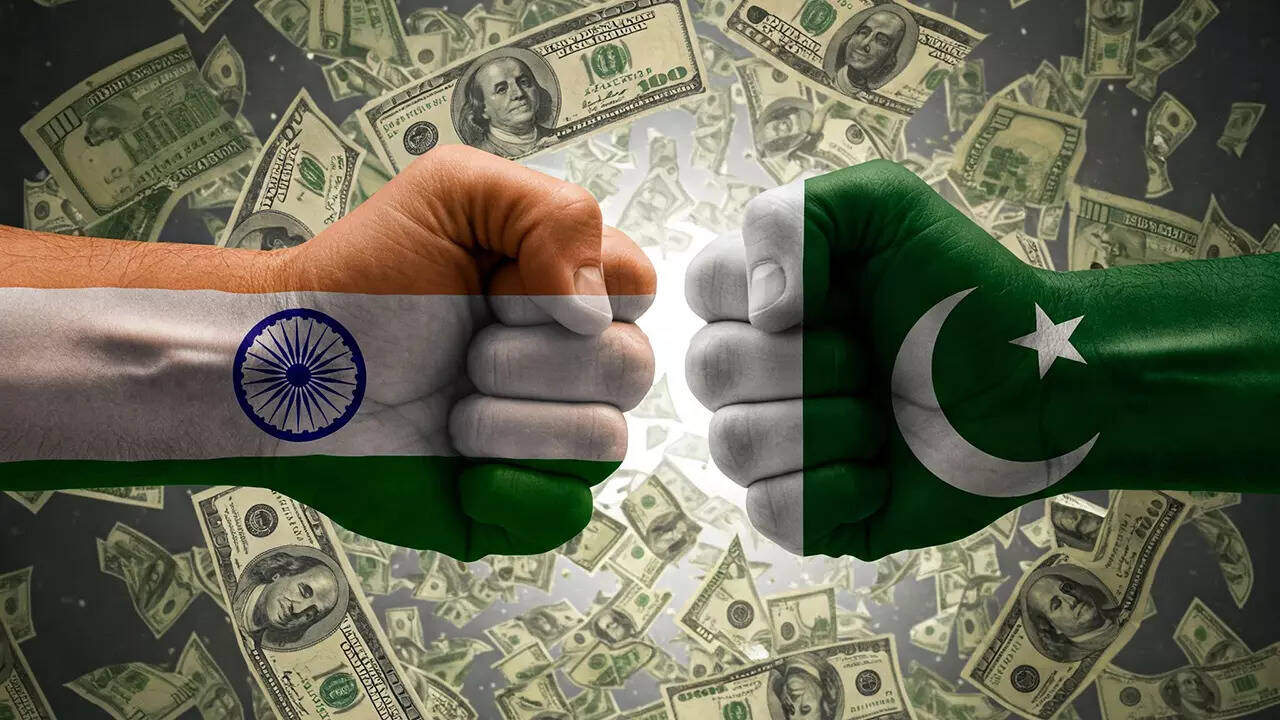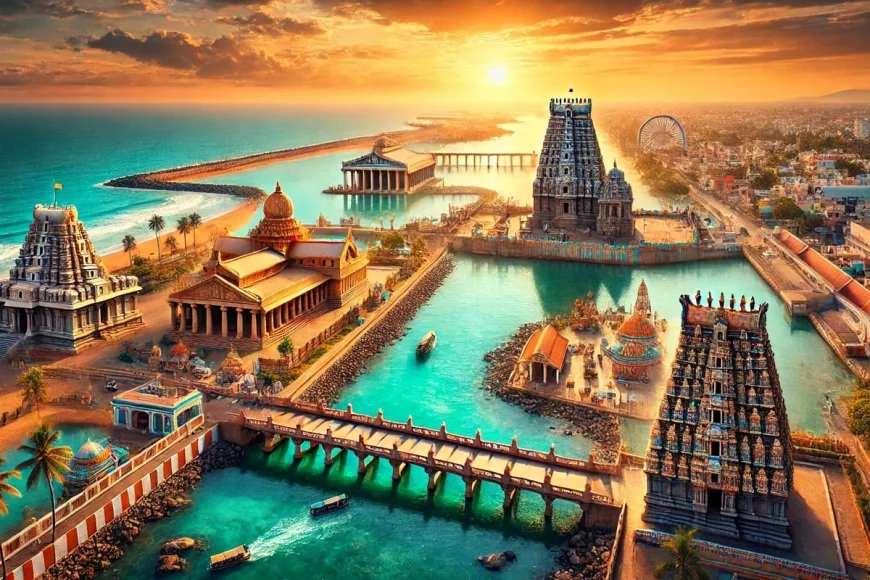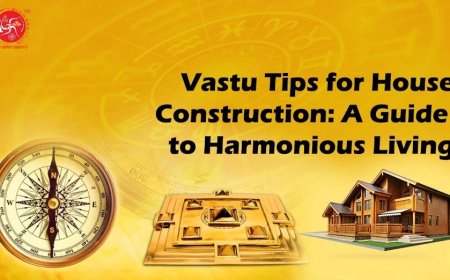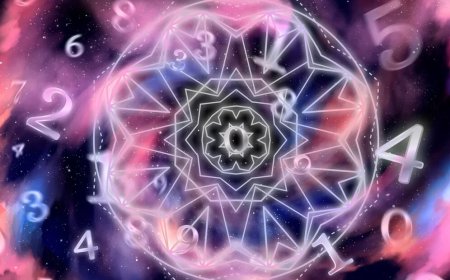A new book analyses how refusing to recognise the Opposition formally hinders democracy in India

Join our WhatsApp Community to receive travel deals, free stays, and special offers!
- Join Now -
Join our WhatsApp Community to receive travel deals, free stays, and special offers!
- Join Now -

Parliamentary democracies have a range of conventional tools to exercise a check upon the power of the majority party. These include, for example, a dedicated position of the leader of the Opposition (with certain speaking rights in the house), constitutionally recognised “Opposition Days”, the existence of Parliamentary committees to scrutinise draft legislation (with guaranteed Opposition presence), parliamentary questions, the right of the Opposition to constitute commissions of enquiry (if supported by a threshold percentage of the house) and so on. The basic idea is that while the majority party’s victory in the elections grants it the right to formulate policy and to legislate, the exercise of this power must at all times be subject to public-facing scrutiny and debate. As elected representatives of the people, parties in the Opposition are particularly well-placed to carry out this role.
What, then, does the Indian Constitution have to say about the Opposition? The answer unfortunately is: “absolutely nothing”. The Constitution does not even recognise the formal position of the leader of Opposition (a subject of some controversy in recent years) to say nothing of recognising specific Opposition rights. As Ramkumar and Singh point out, this is in stark contrast to a number of more...
What's Your Reaction?
 Like
0
Like
0
 Dislike
0
Dislike
0
 Love
0
Love
0
 Funny
0
Funny
0
 Angry
0
Angry
0
 Sad
0
Sad
0
 Wow
0
Wow
0







































![Today's hottest deals - Kinsley Iron Blue Desk Pot at just Rs.49 [MRP ₹299]](https://savefree.in/uploads/images/202504/image_870x580_680c89dae6fdb.webp?#)















